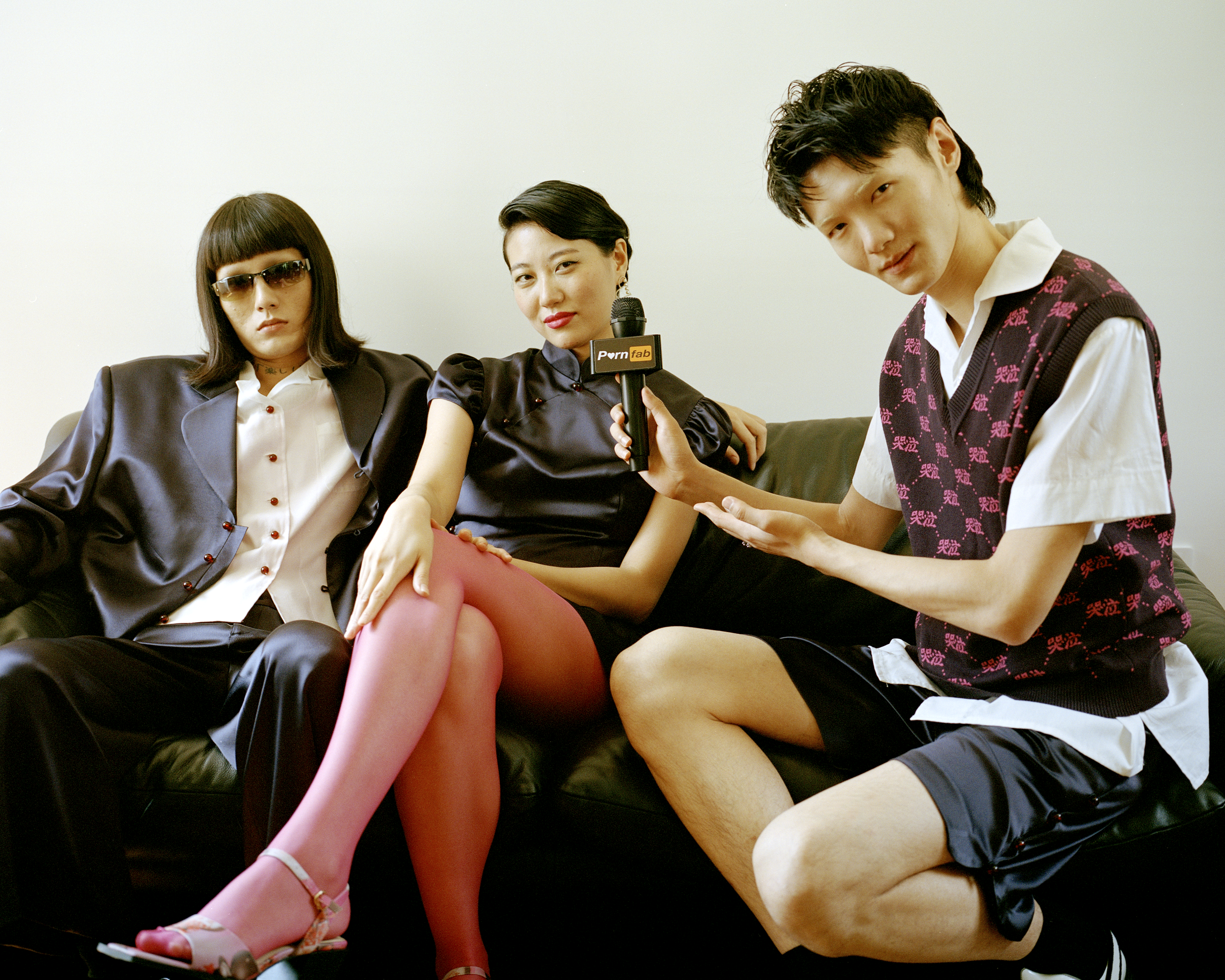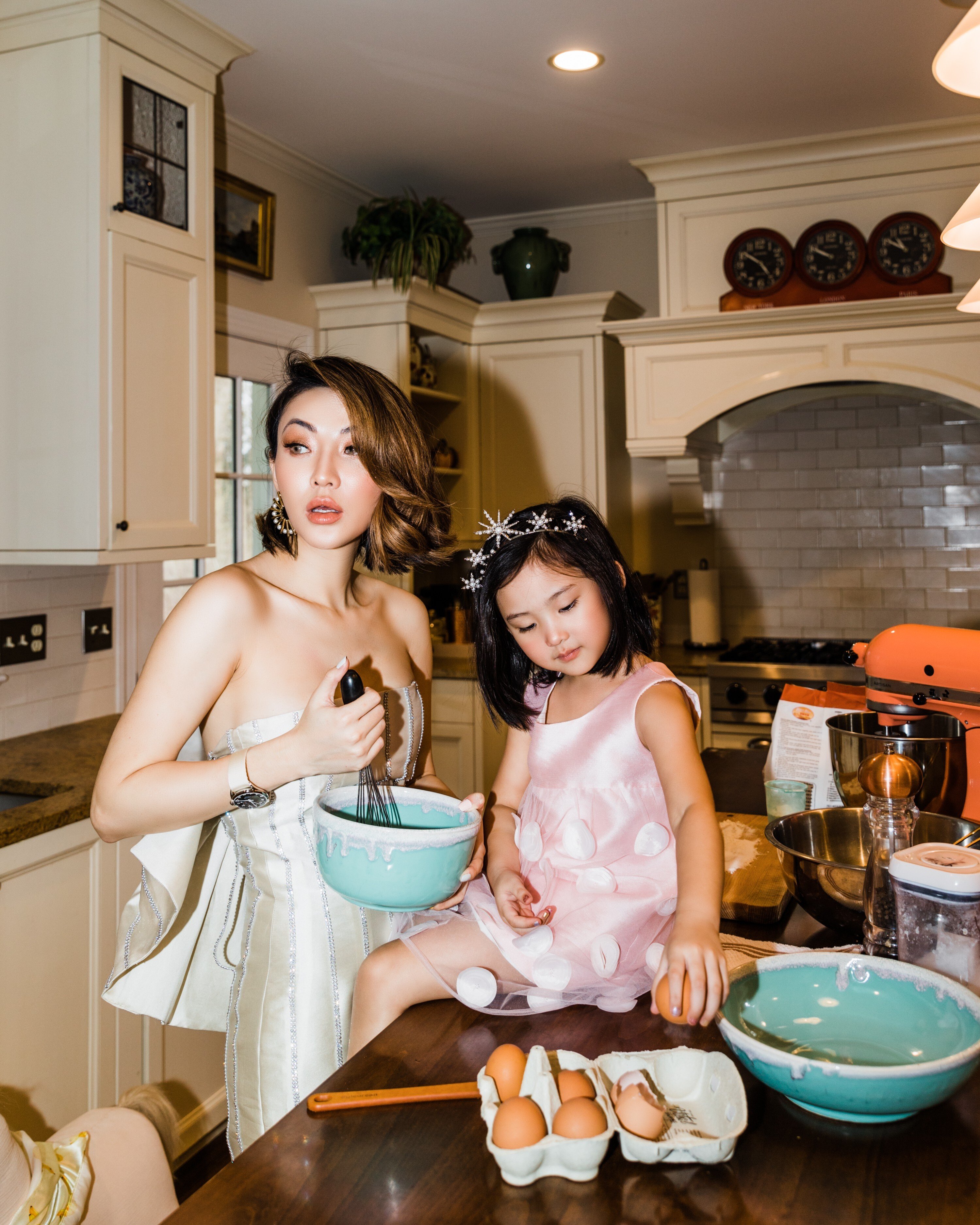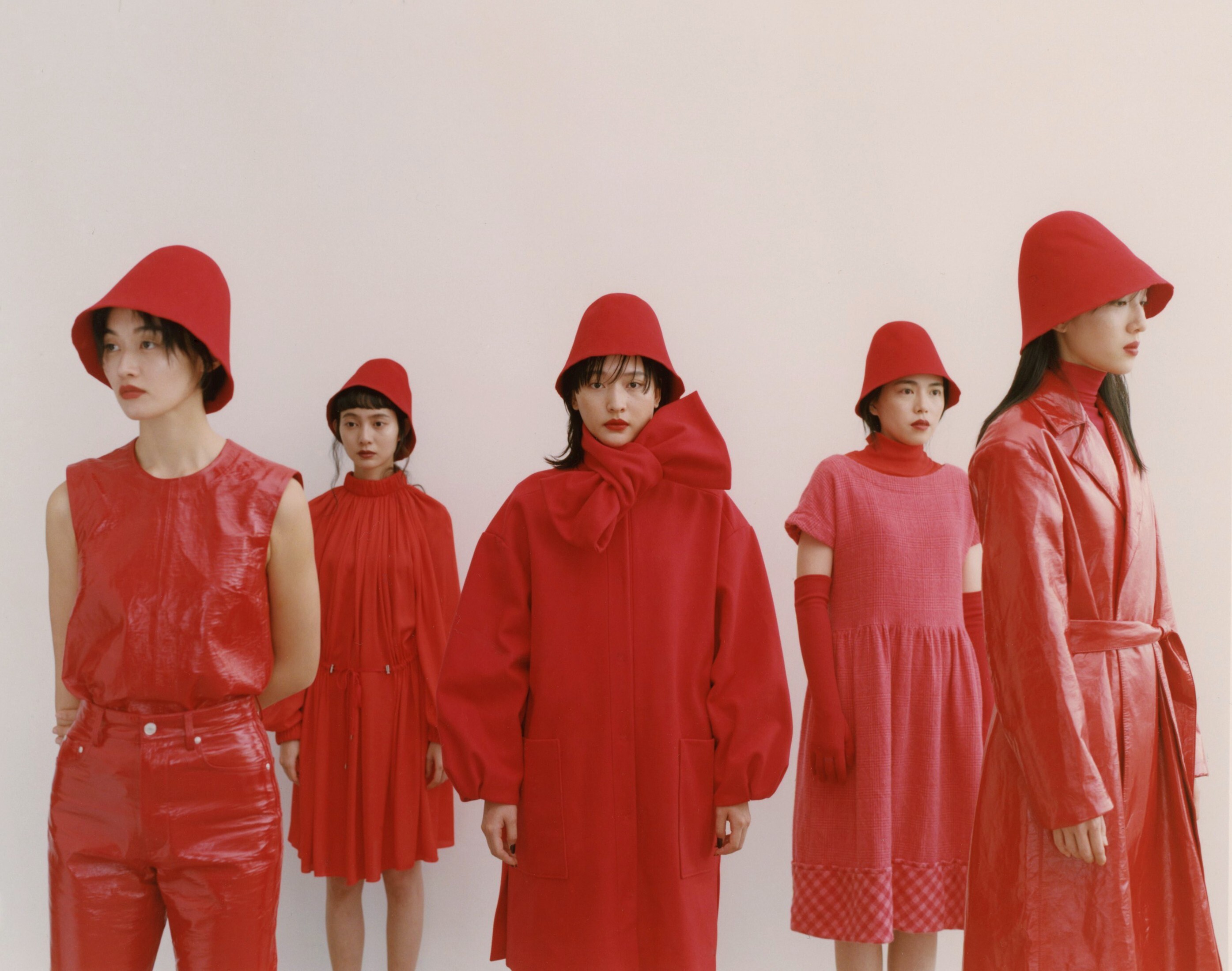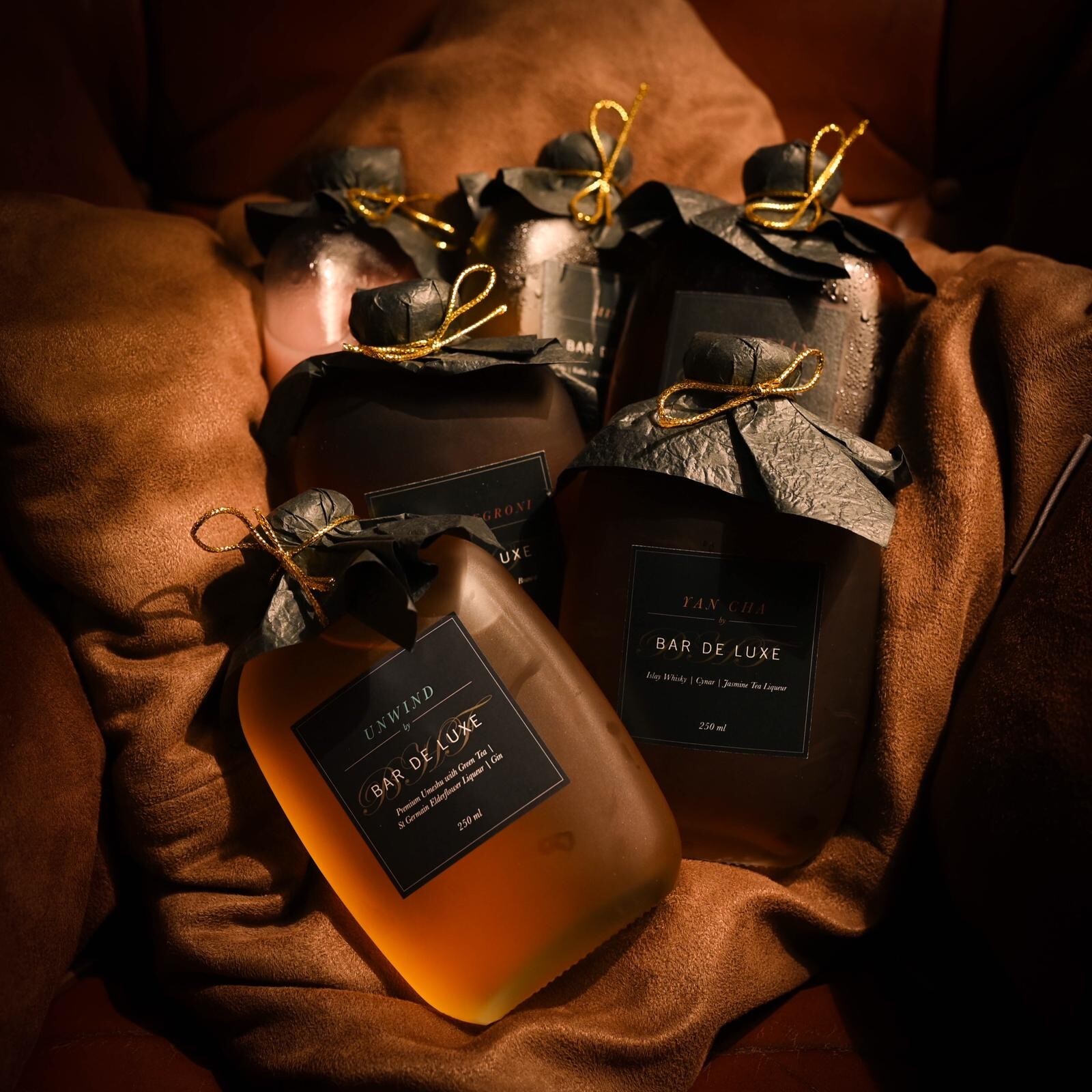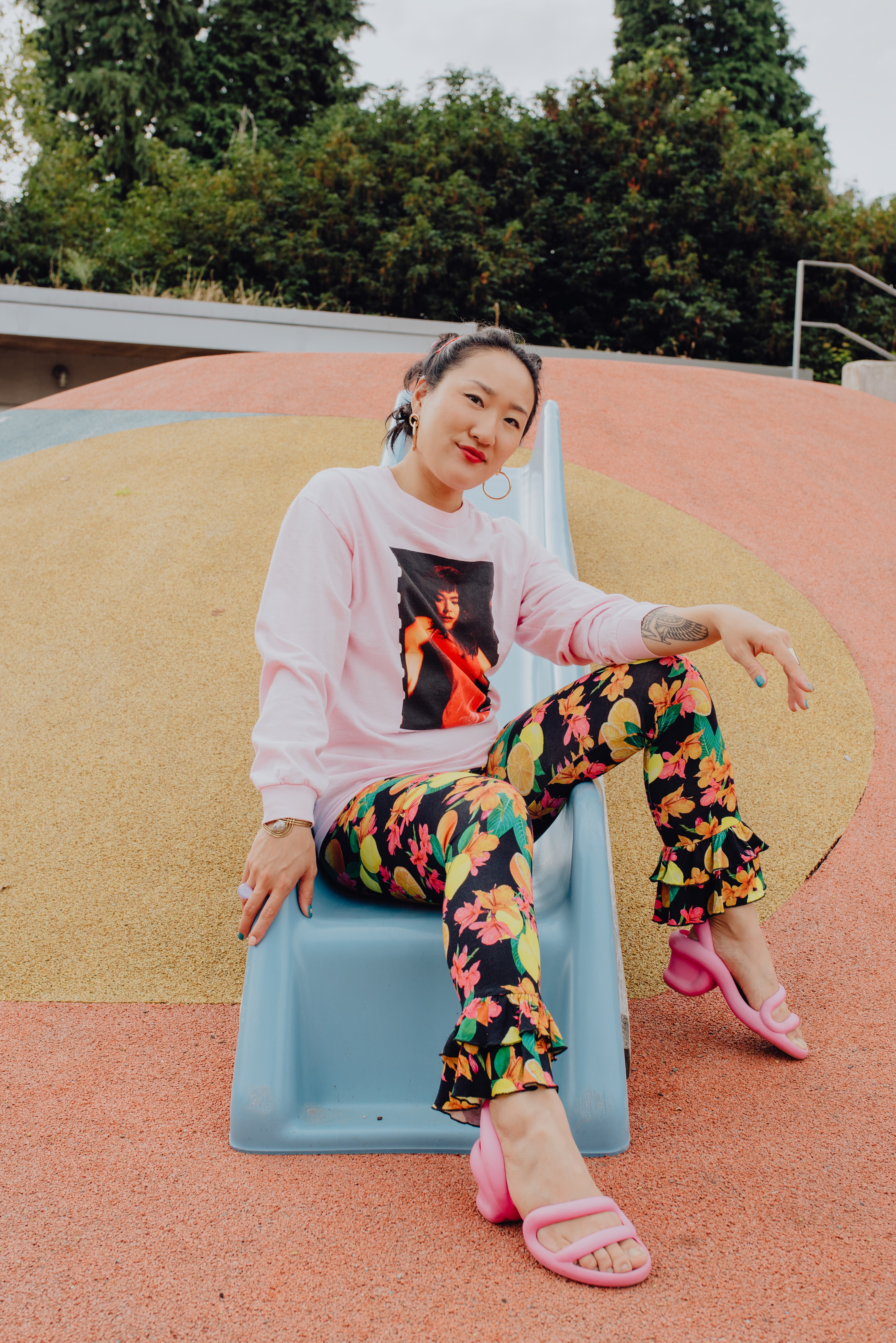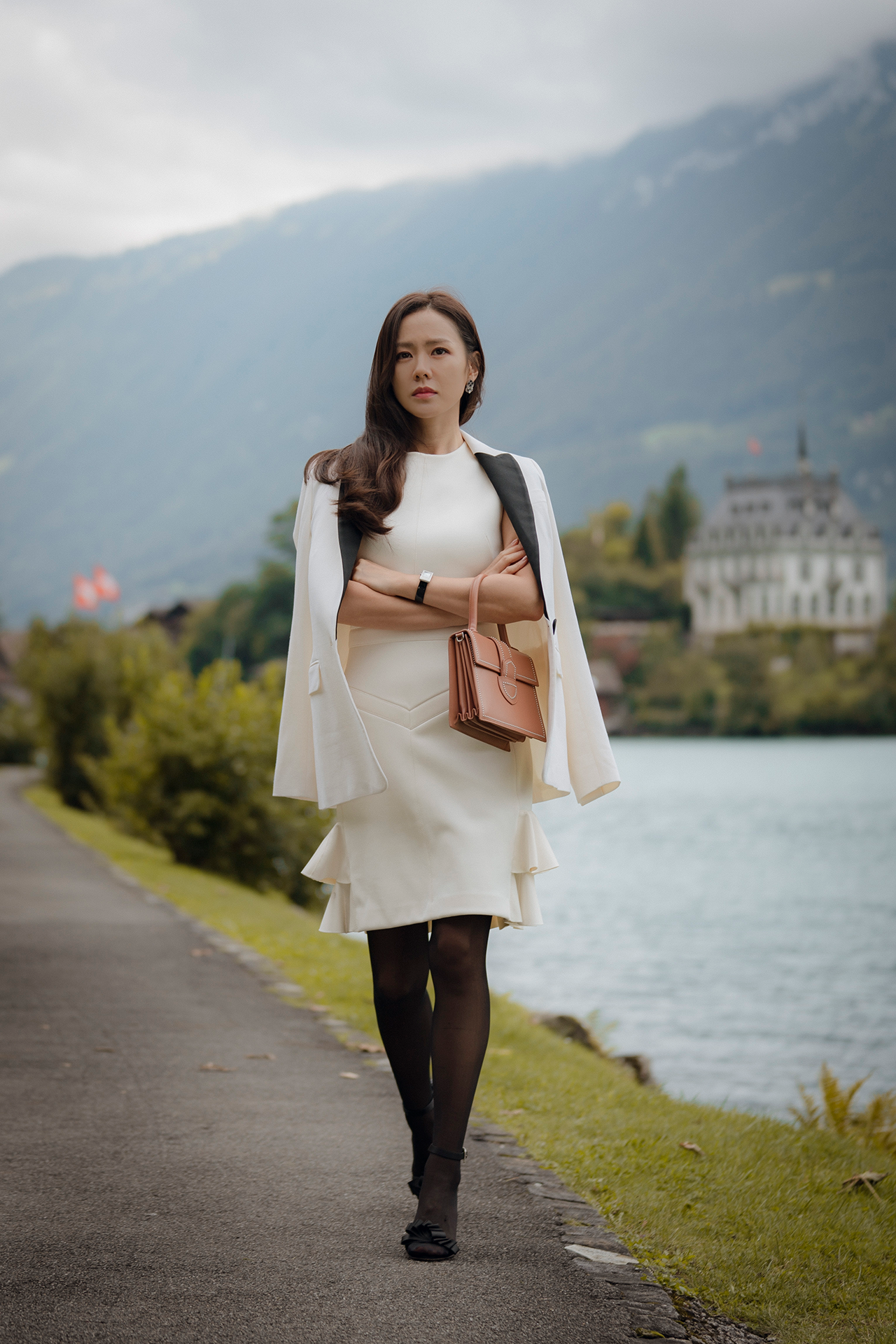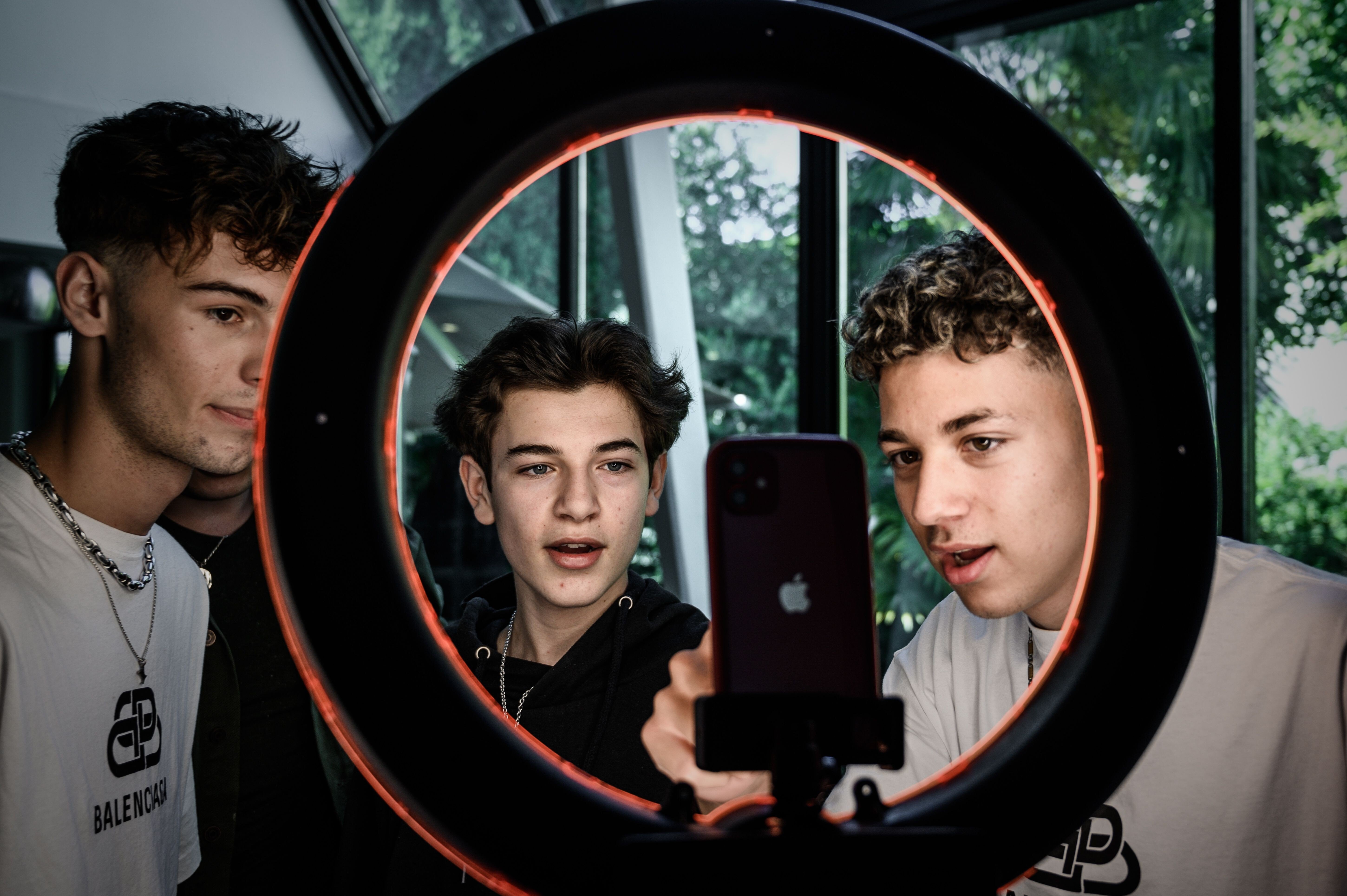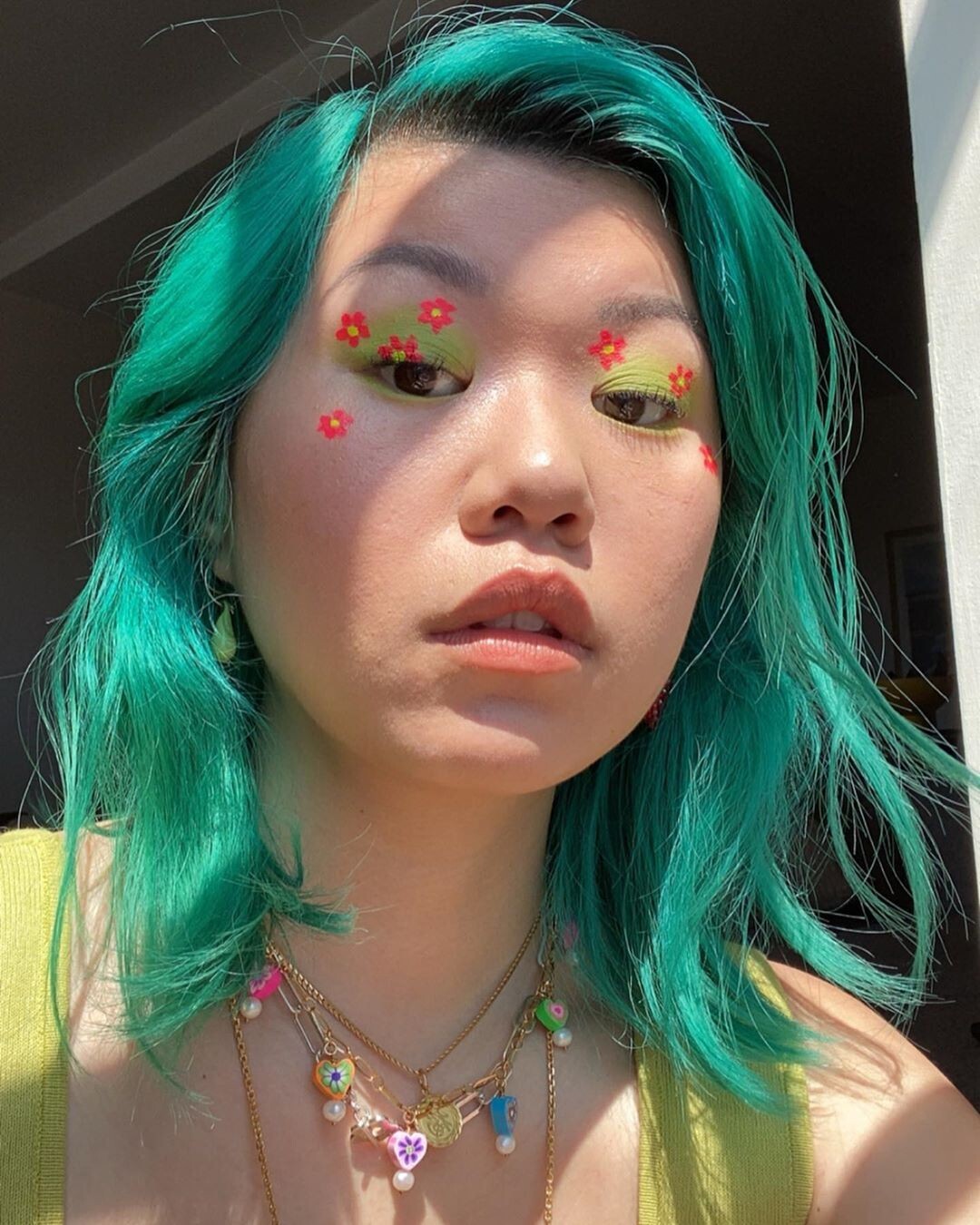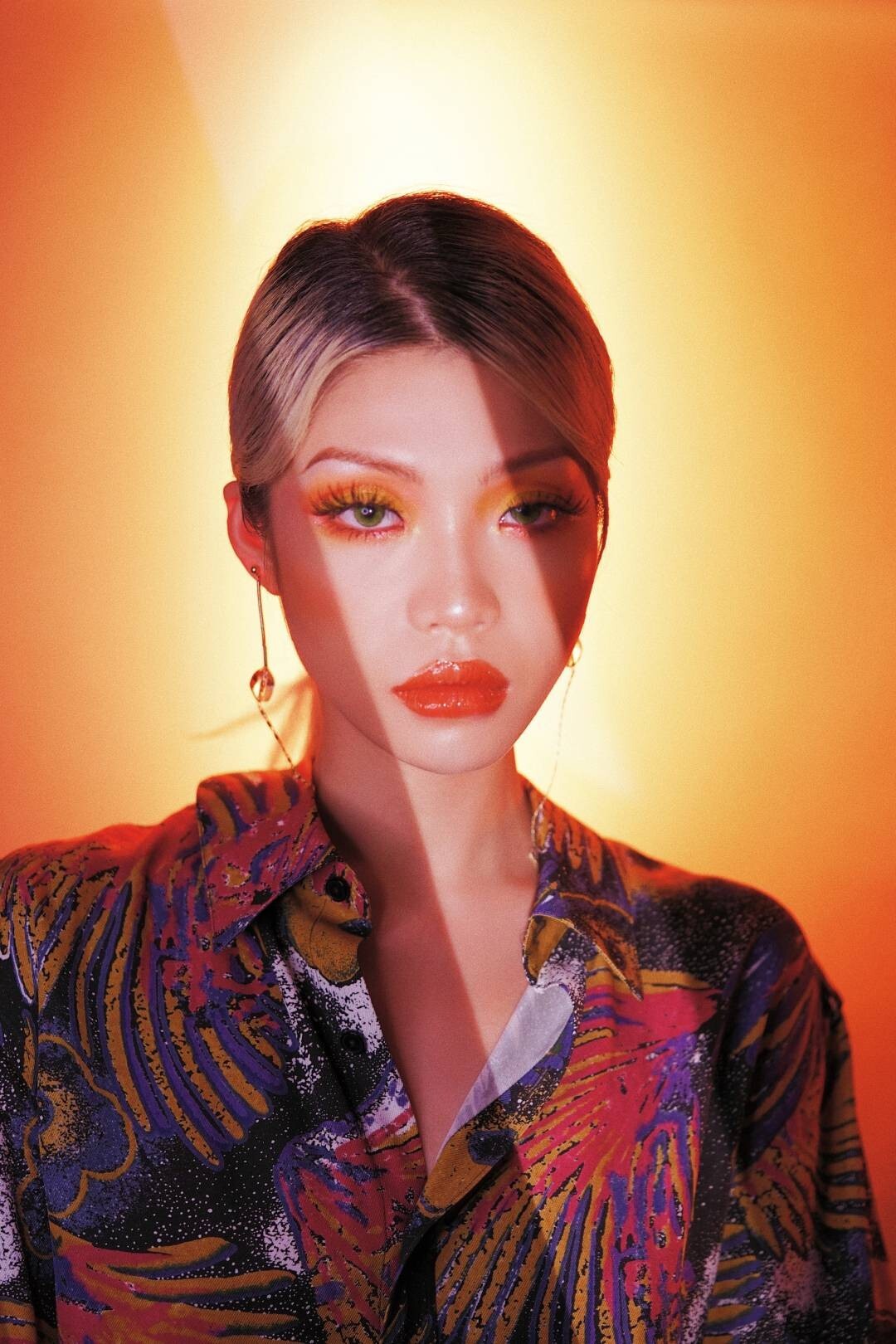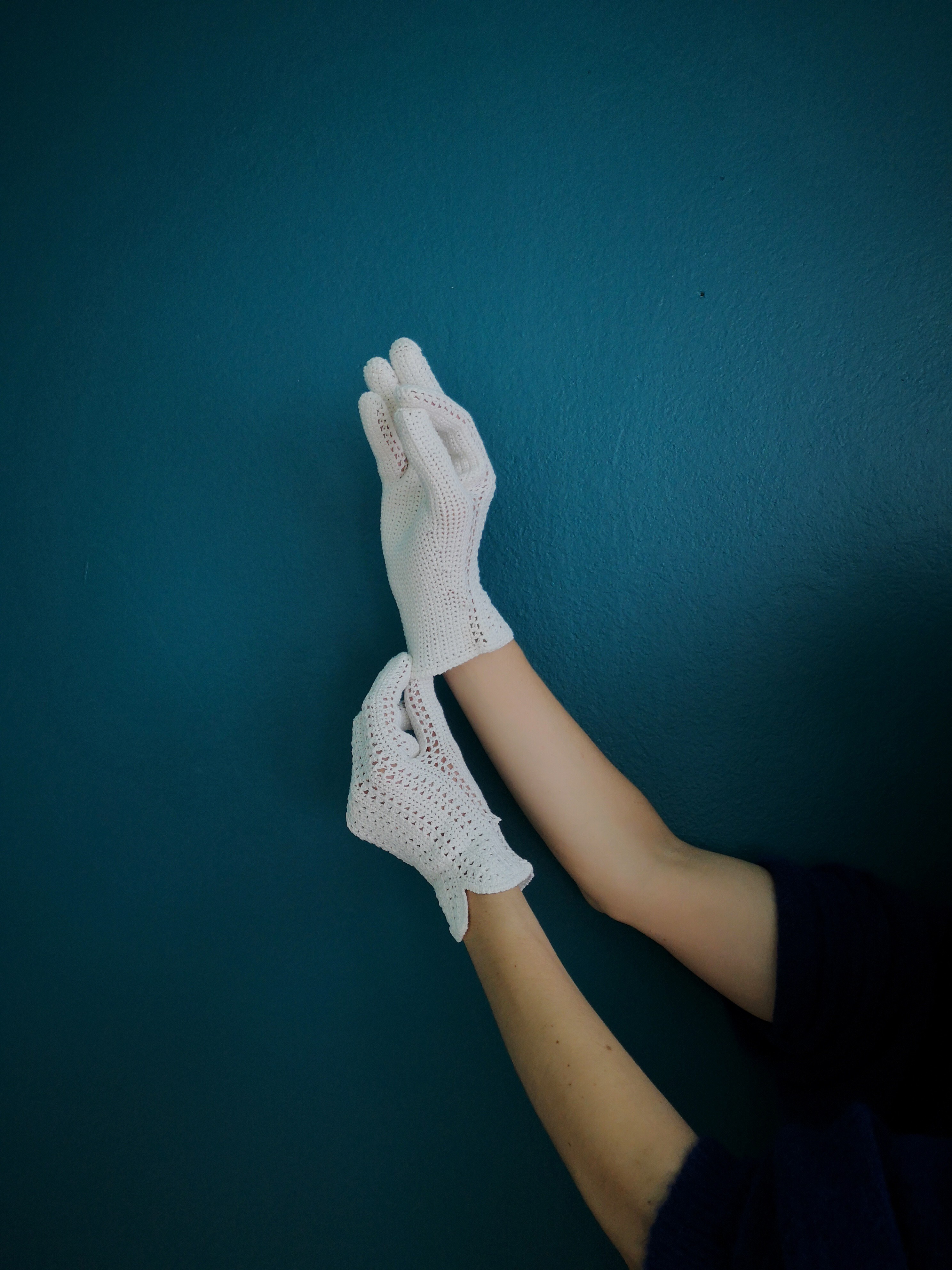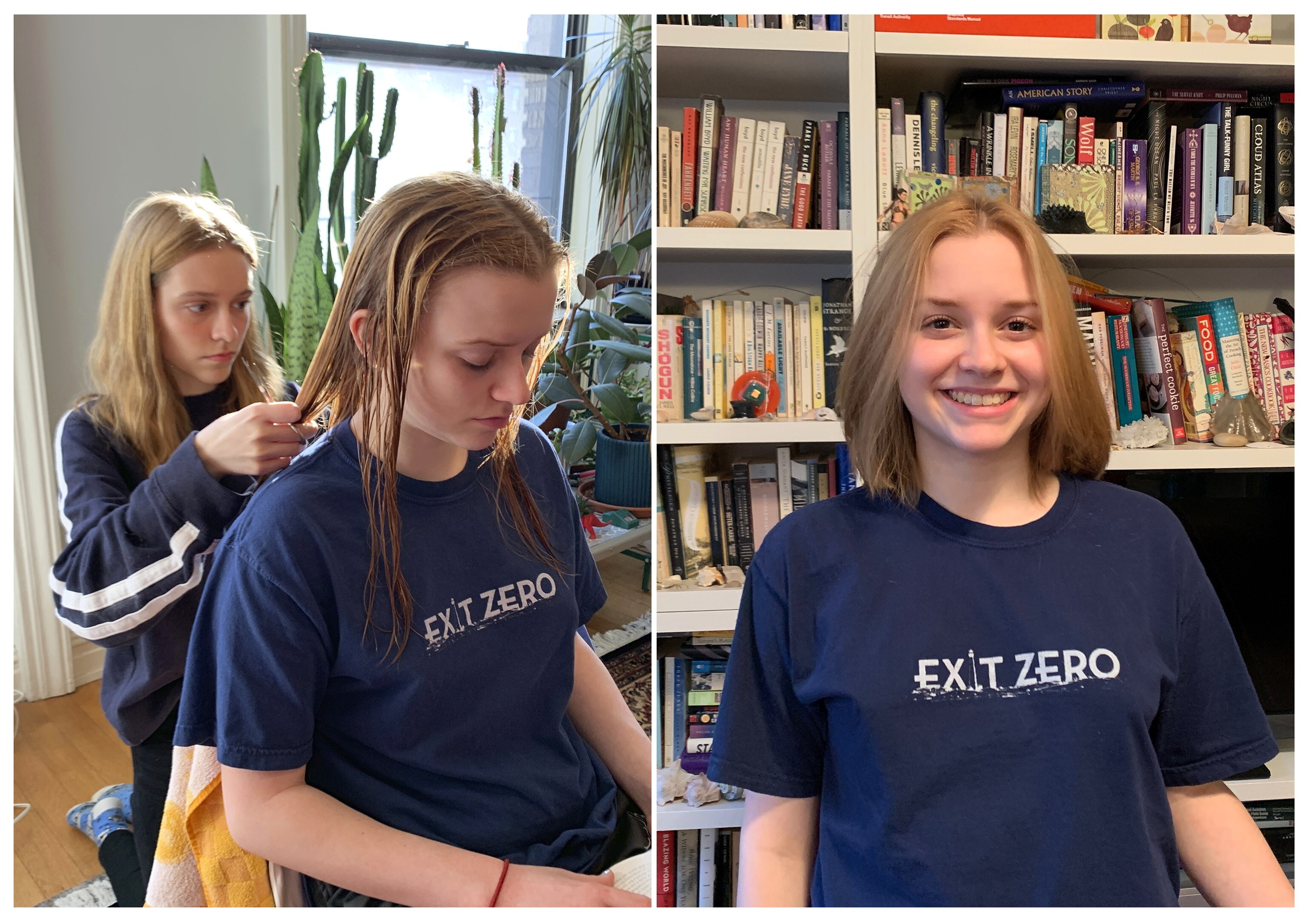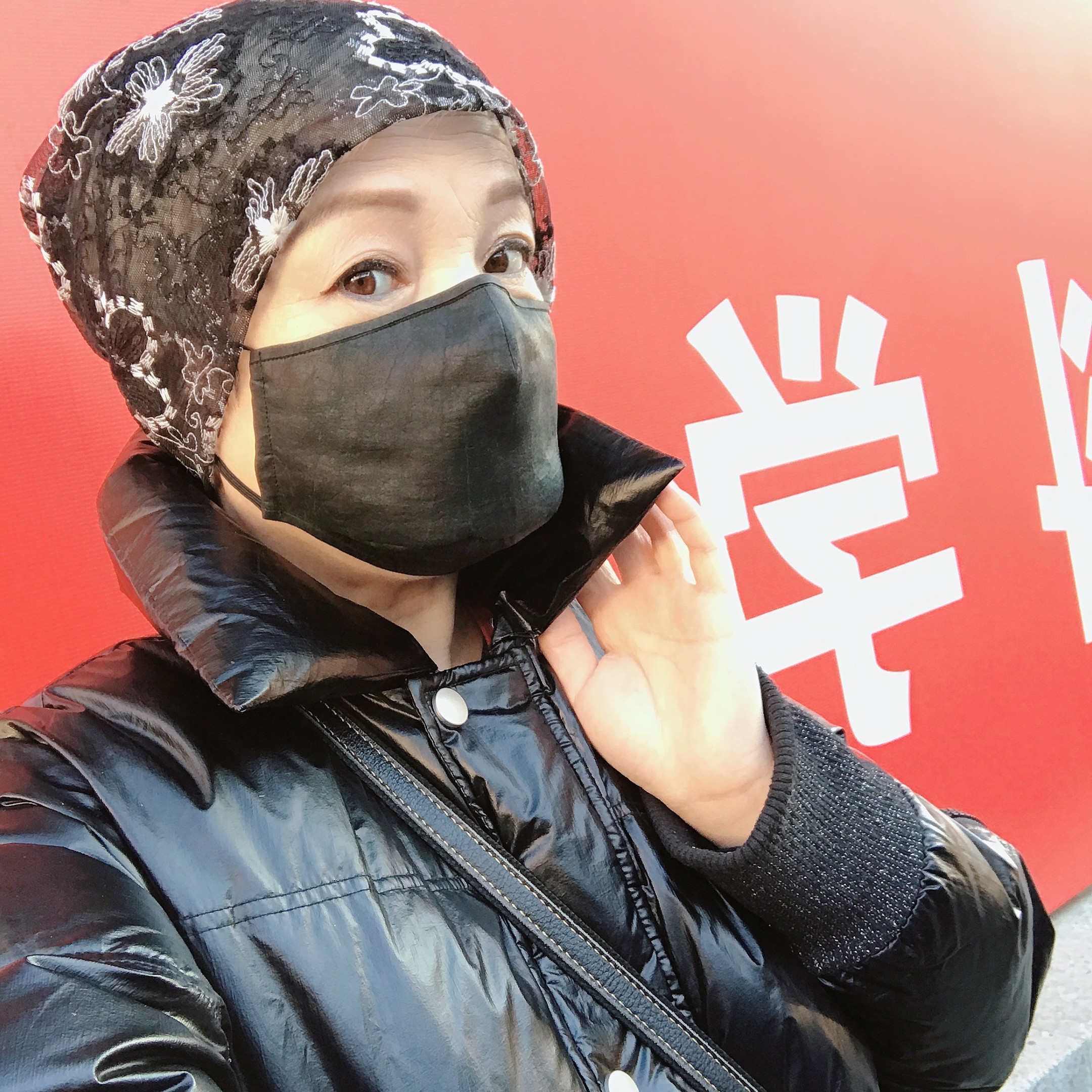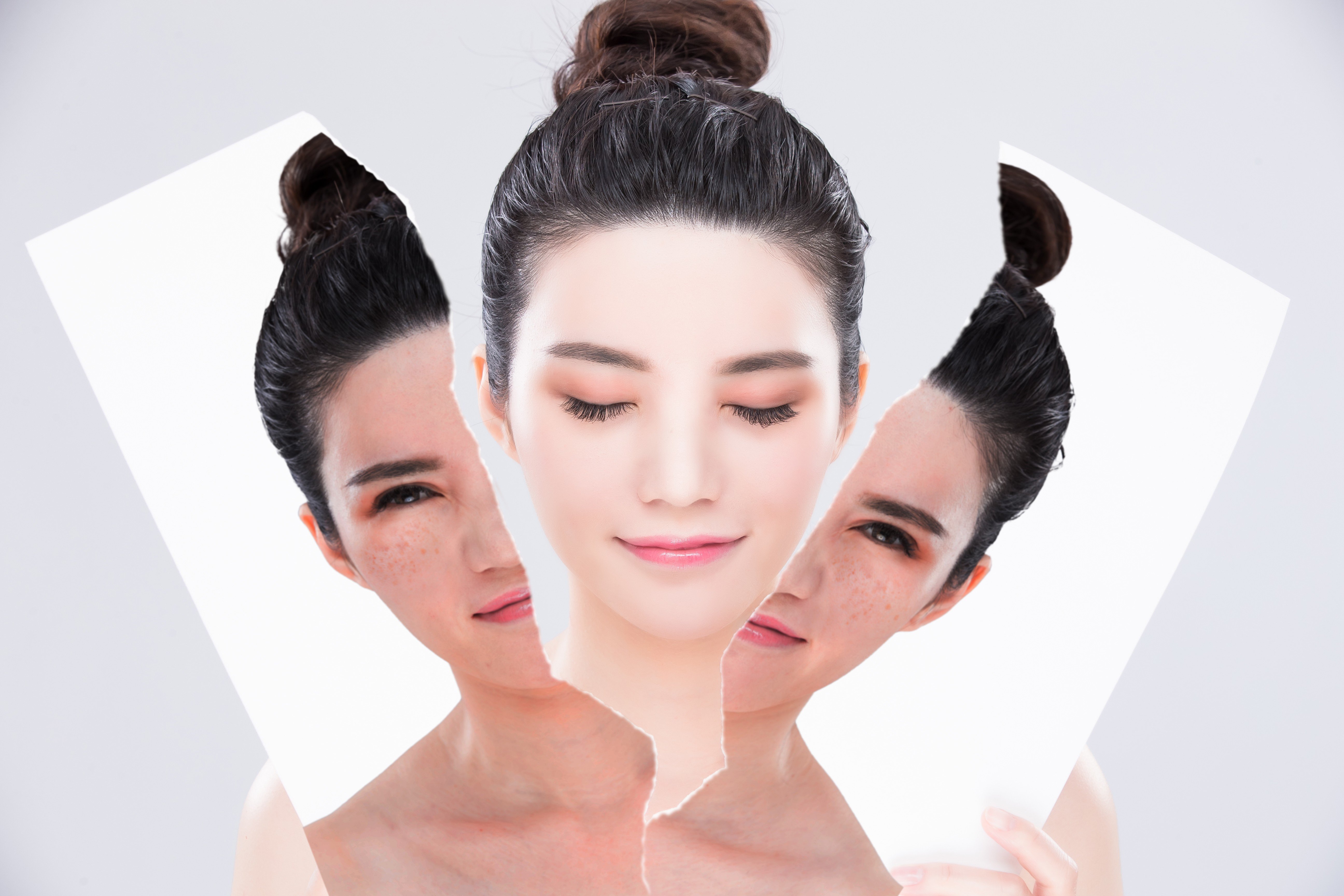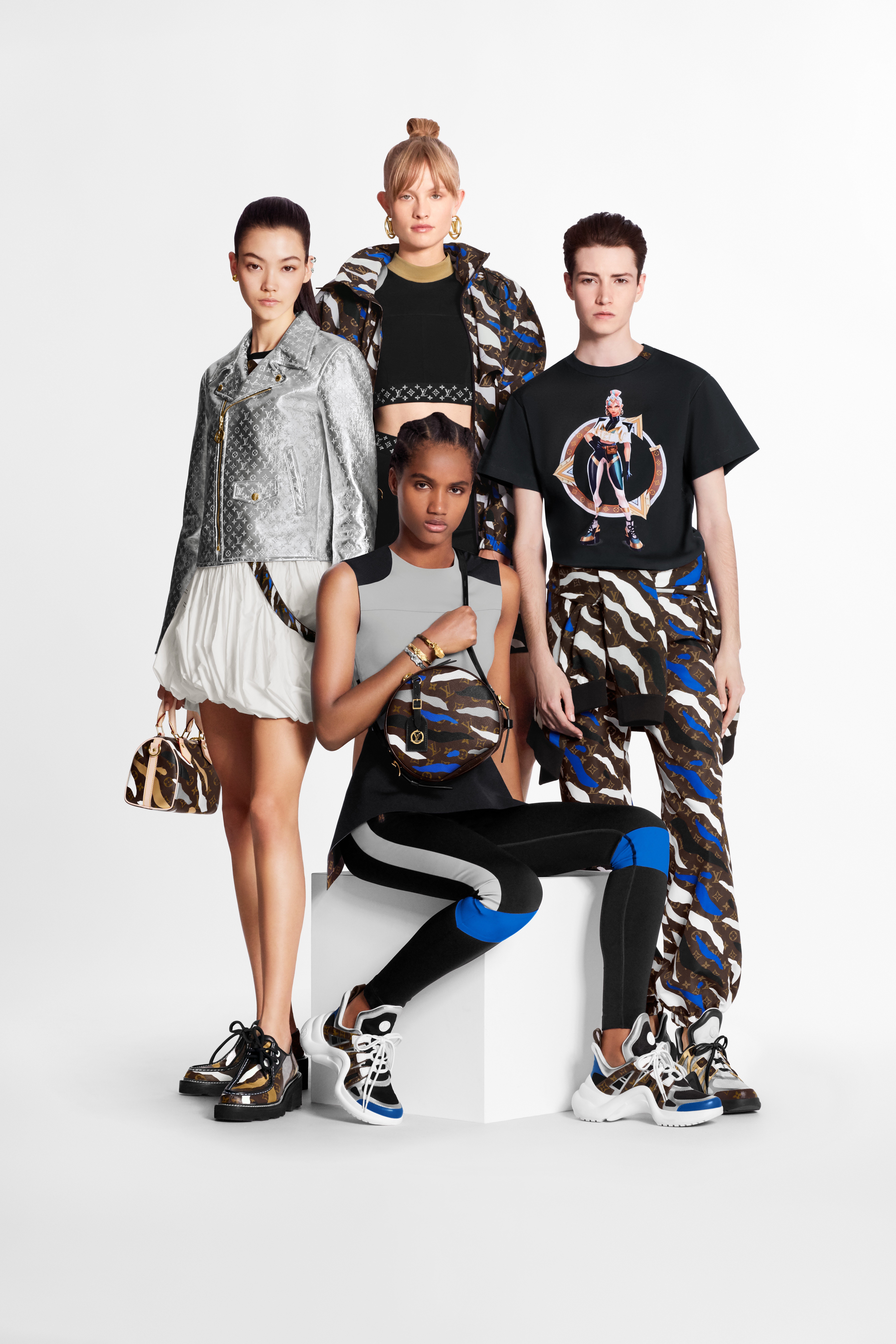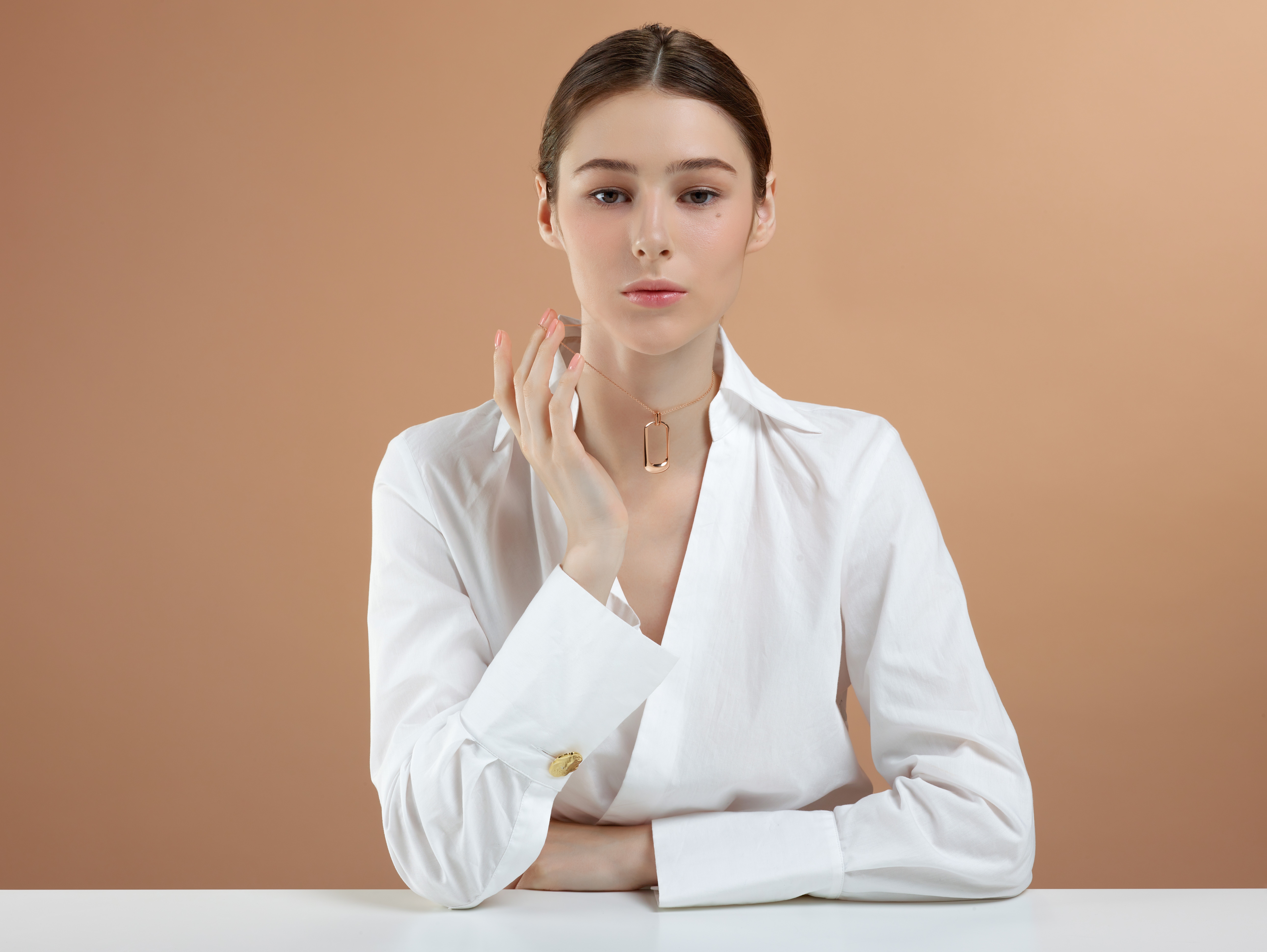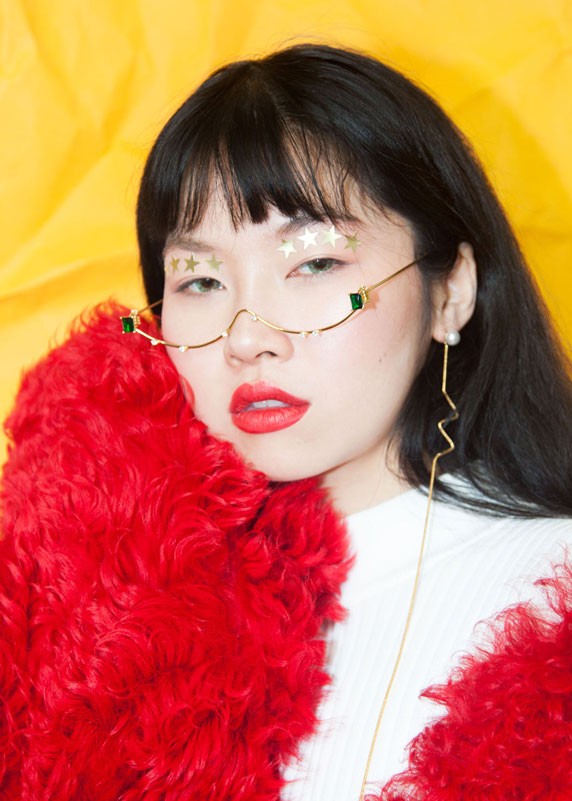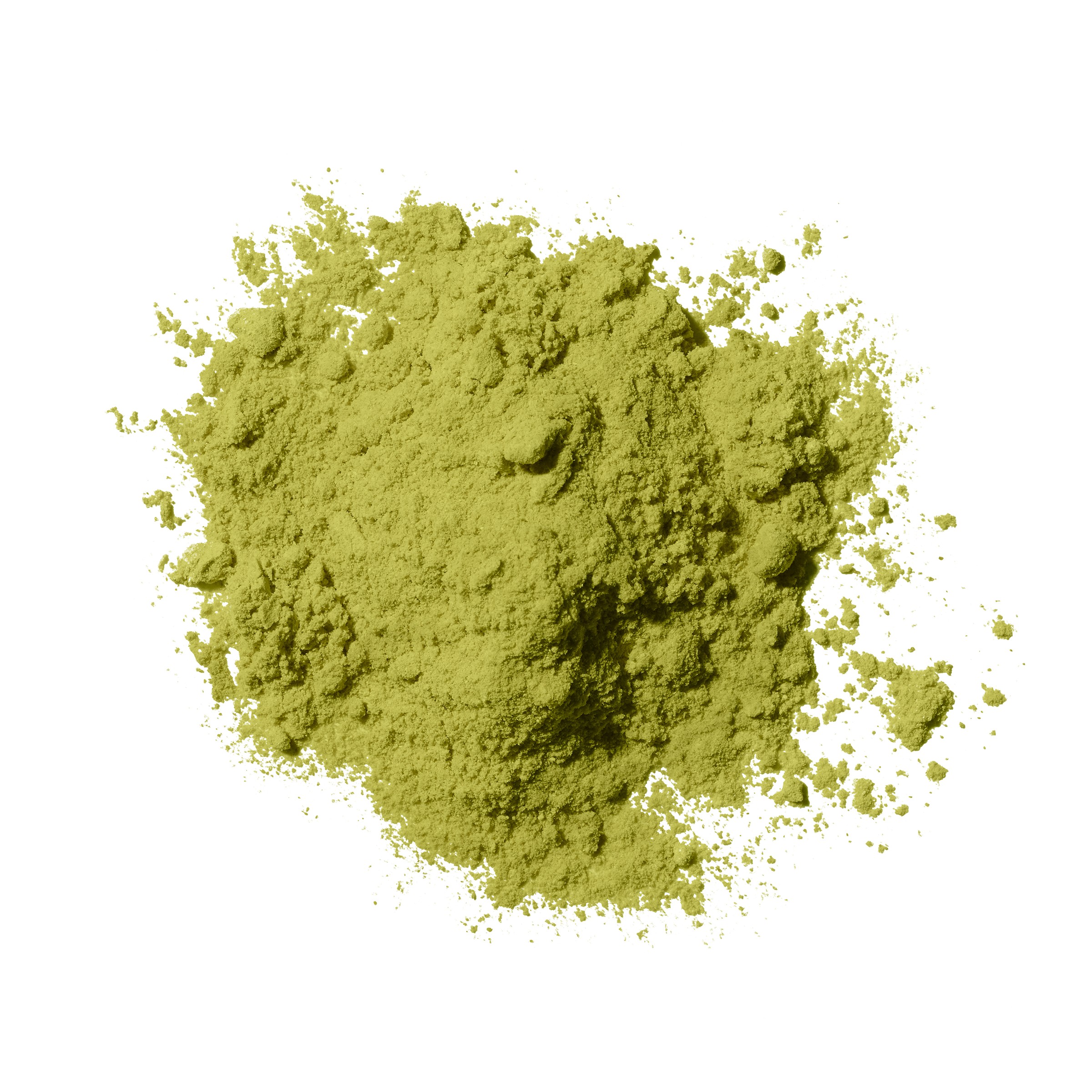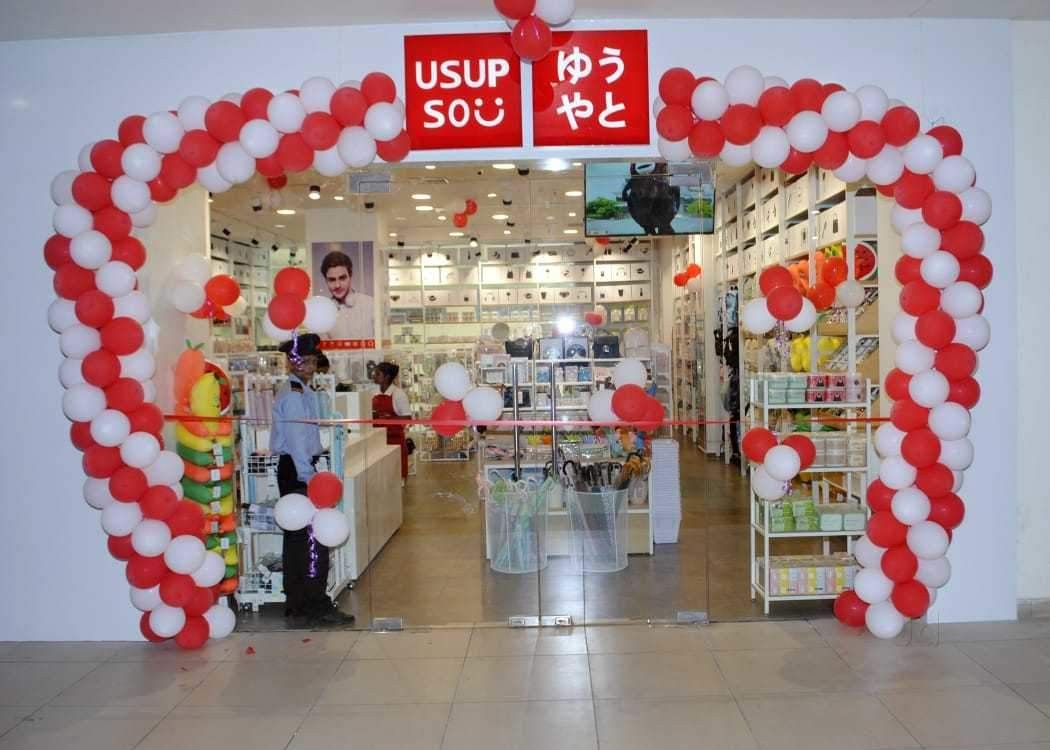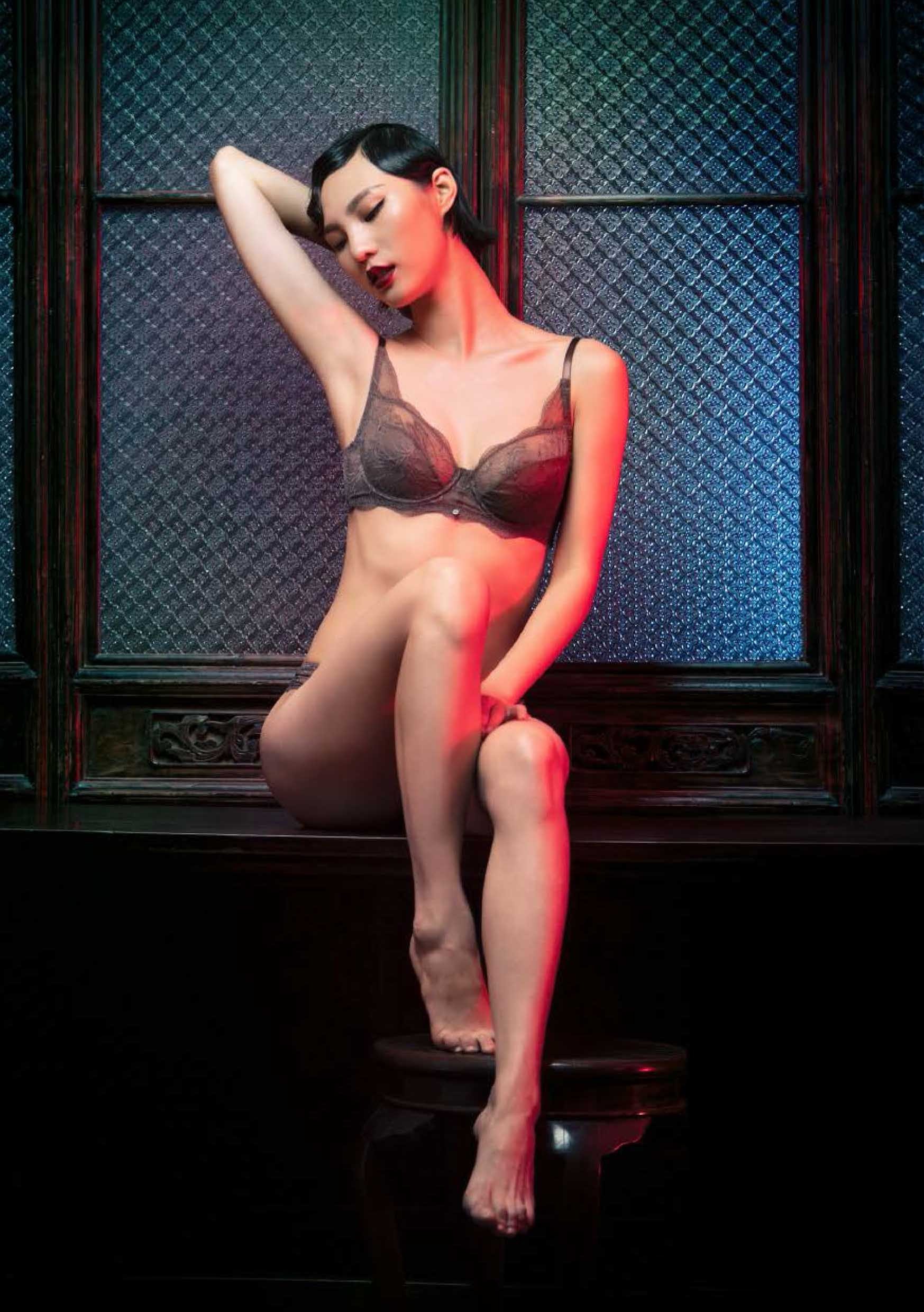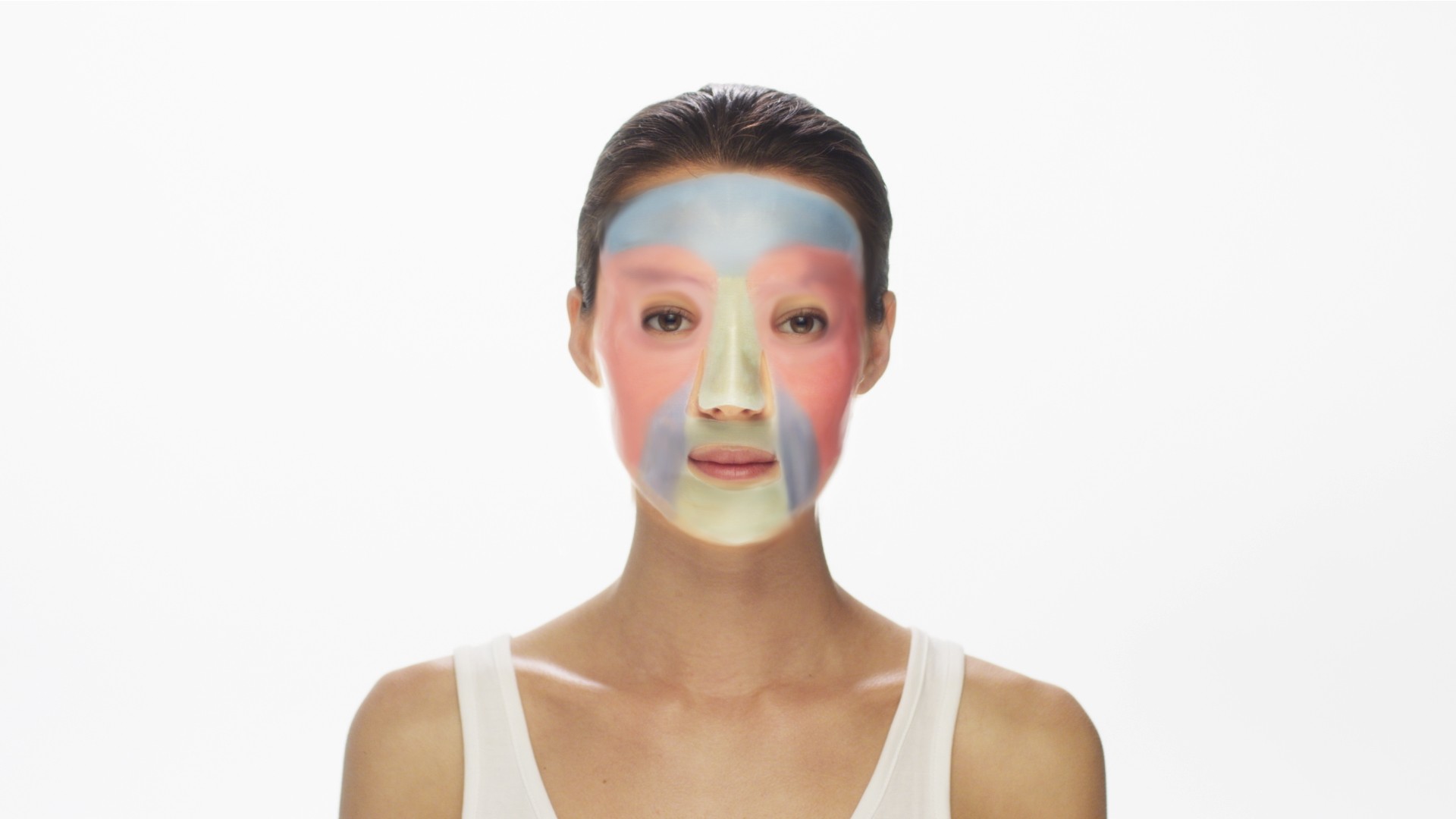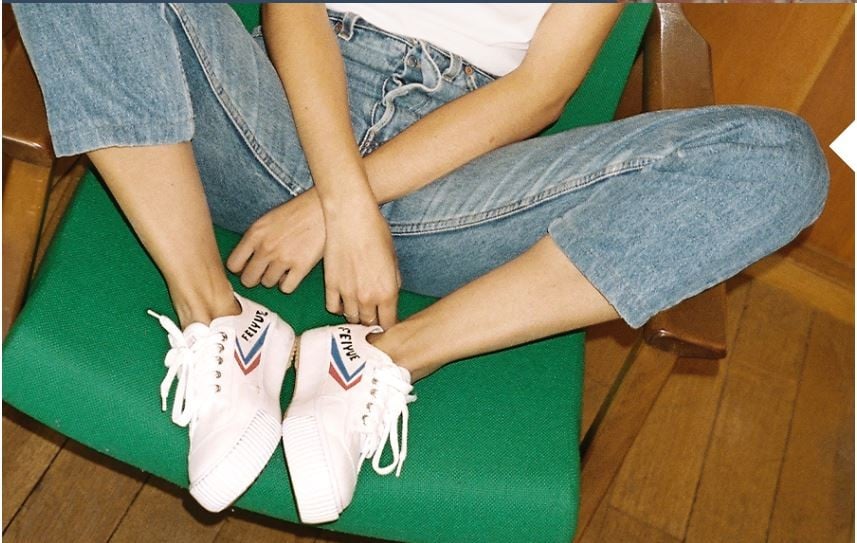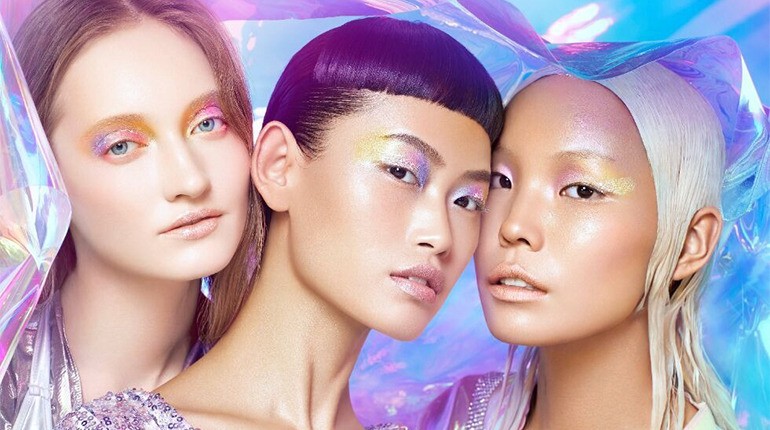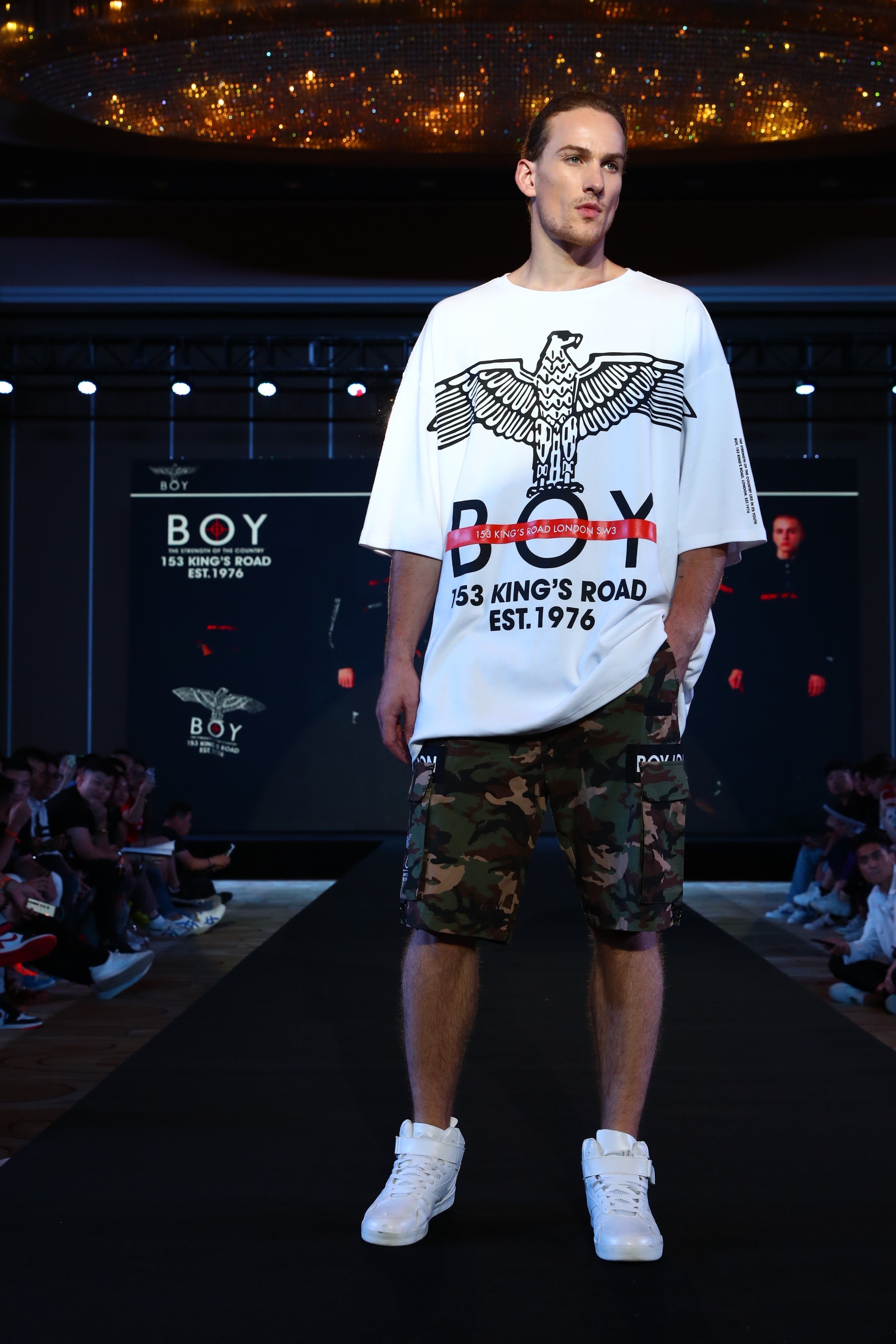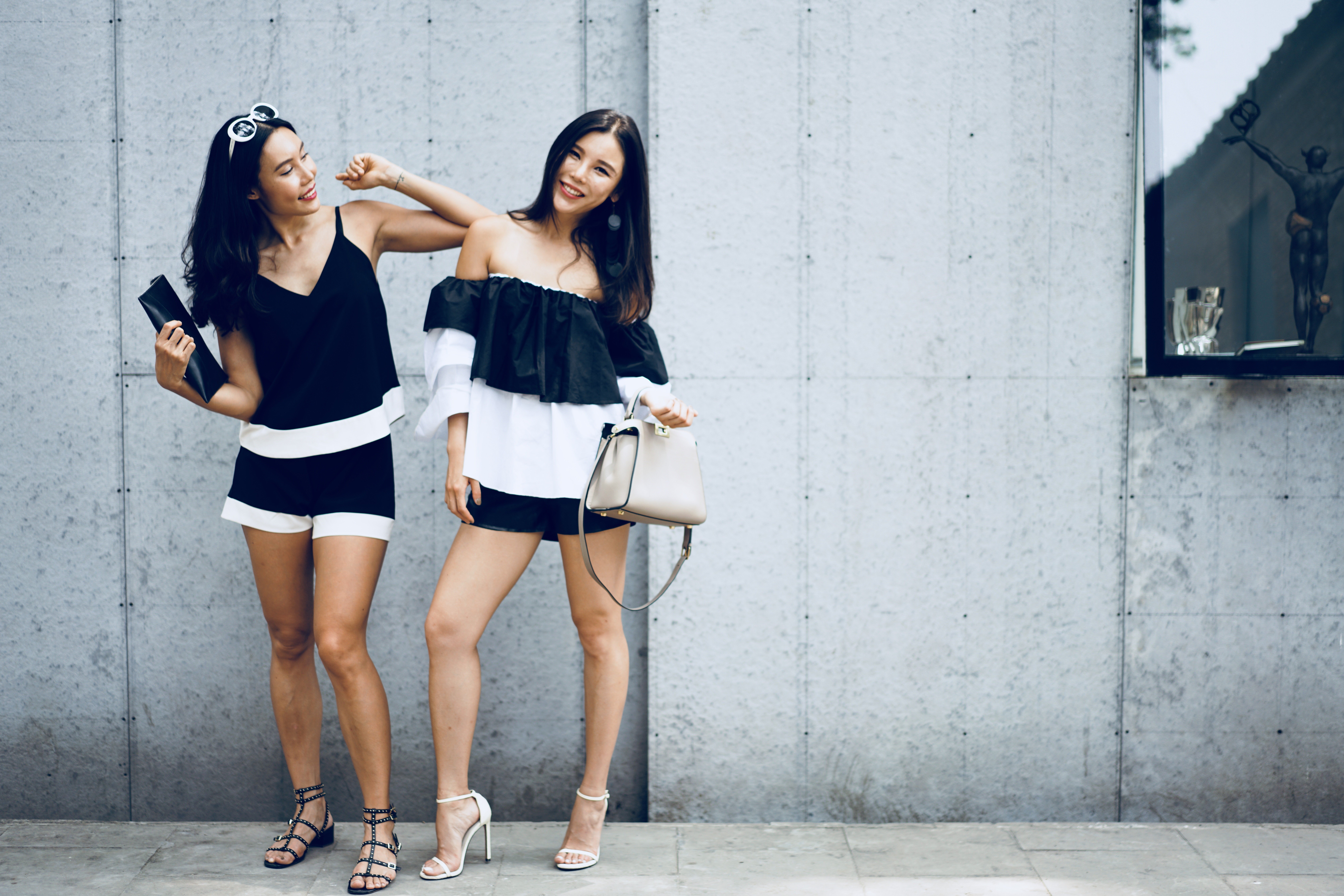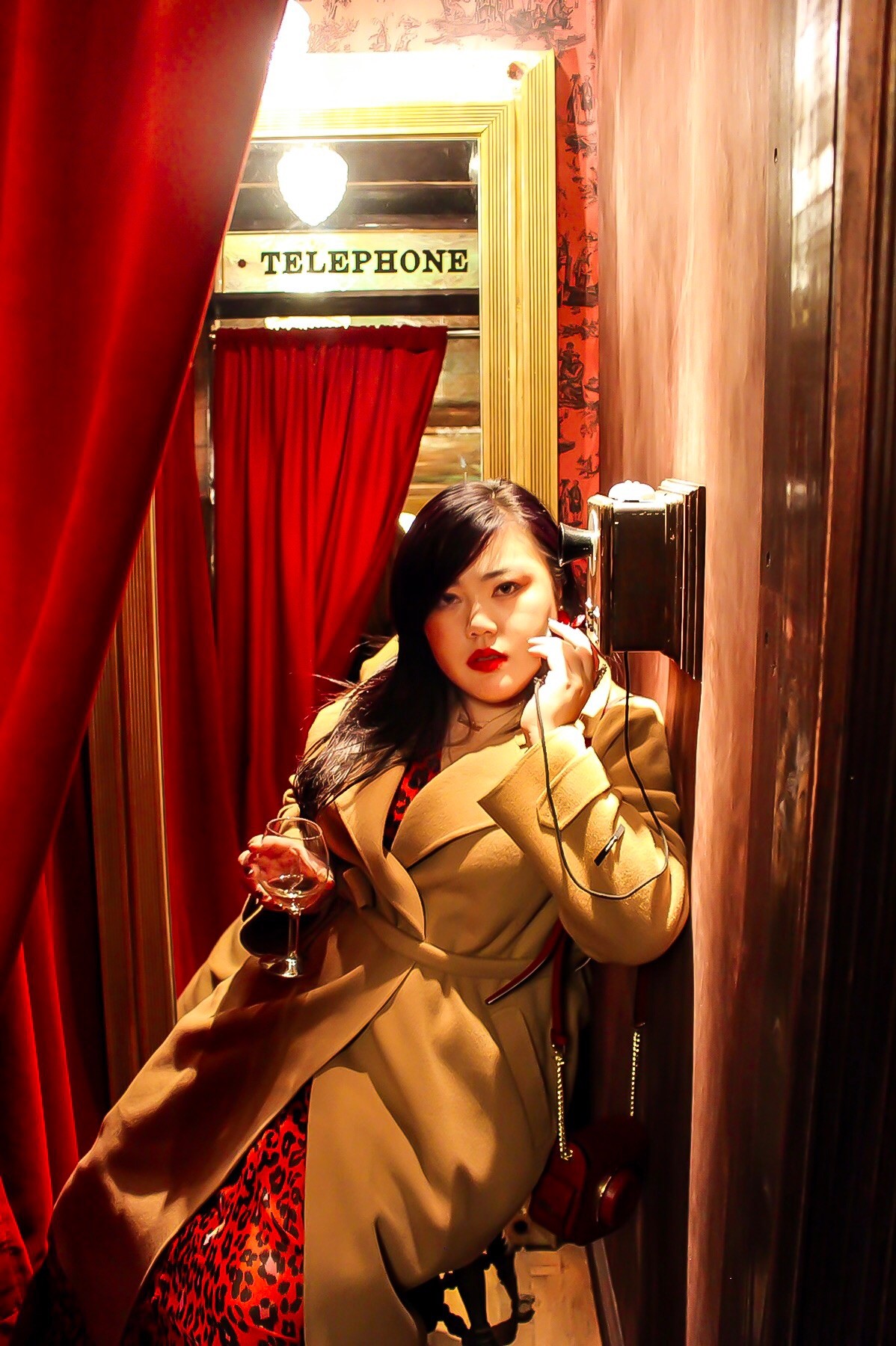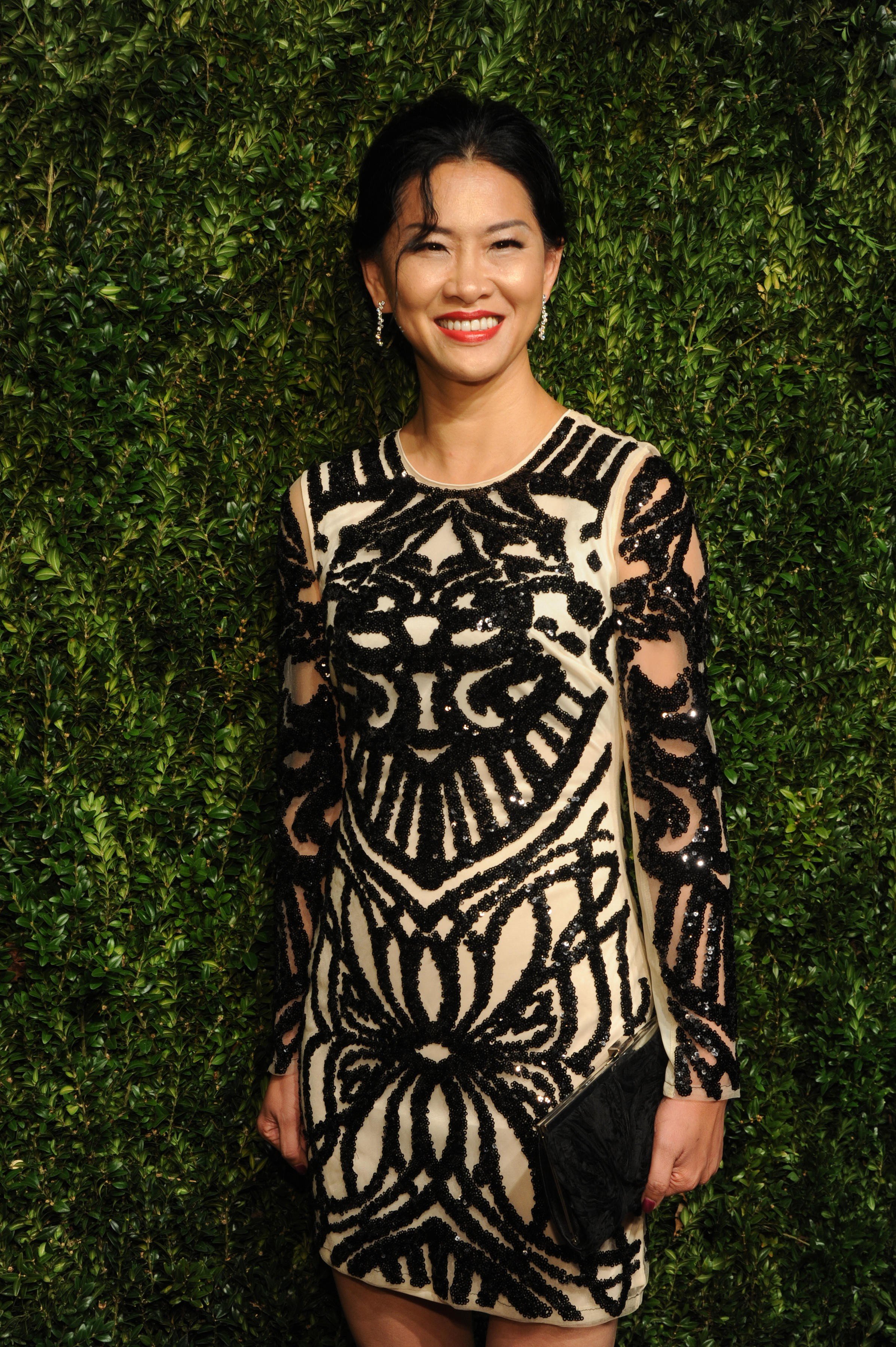Advertisement
Advertisement

Jessica Rapp
Jessica is a Beijing-based writer who focuses on luxury and beauty for the Post.
Fabric Porn’s Zhao Chenxi wants his designs to introduce ‘the real China’ to people in the West and make Chinese people more confident in their own culture.
Grounded by the coronavirus pandemic, New York-based Jessica Wang pivoted from jet-setter to homebody, posting funny videos to inspire her followers to dress up despite not being able to go out.
Three stylists from Asia talk about storytelling, creativity and dispelling gender norms through their work, from projects inspired by puppets to seeing a more inclusive experience for fashion after the pandemic is over.
Packaging that’s made for unboxing on Instagram, none of the hassle of making the drinks yourself – what’s not to like about home-delivery cocktails?
Advertisement
Seattle-based designer Tiffany Ju wants customers to know that all the accessories her brand Chunks sells are ‘proudly made in China’, and says it’s something to be thankful for.
With so many events cancelled this year because of the coronavirus, luxury fashion houses including Tod’s, Miu Miu, Roger Vivier and Montblanc are using product placement in increasingly popular Korean dramas.
TikTok is the fastest growing social media app in the West, and the value of its China-based owner, Bytedance, has risen to US$100 billion. Its stars have become A-list influencers and are regularly courted by fashion brands.
When Mi-Anne Chan started out in the beauty industry, the ‘in’ look was neutral colours. Now she embraces bright, vivid colours, posting clips and photos of graphic eyeshadow looks on Instagram.
For some young entrepreneurs the Covid-19 pandemic brought opportunity to sell online, for others it was a necessity. From stylists developing nail kits and web courses to a creative market going virtual, they found a way.
Gloves were on trend before Covid-19; now stars like Jared Leto and Demi Lovato wear disposable ones, and a glove maker’s hypoallergenic ones are in demand. Meanwhile, wearing fun fashion gloves is a way to feel better.
The coronavirus lockdown means hair salons around the world are closed, and some of their clients are trying DIY haircuts. Salon owners share tips on home hair care, adapting high- maintenance styles and allowing treated hair to rest.
Made of tea silk and white silk and with an anti-pollution inlay, the masks were Beijing-based fashion designer Kathrin von Rechenberg’s response to a shortage caused by the coronavirus pandemic. They can be washed 200 times.
The market for skin-whitening products continues to grow, especially in Asia, and Western beauty brands are taking advantage of it – even if they use euphemisms to avoid the racial connotations of ‘whitening’.
From Louis Vuitton’s League of Legends capsule collections to MAC’s Honor of Kings lipsticks, a stream of fashion and cosmetics collaborations targeting gamers have hit the market recently. An unlikely mix? We find out what’s behind it.
Patriotism might be in vogue for many Chinese fashion labels, but European-inspired brands like Juvil and Sans Titre are finding an enthusiastic audience at home, particularly among millennials and Gen Z with links abroad through travel and study.
Beijing native’s Manhattan store carries looks and accessories from emerging Chinese designers, and they are eagerly received. As ‘Made in China’ fashion has evolved, so has customers’ understanding of its cultural underpinnings, she says.
Ingredients used in TCM are increasingly found in beauty products as part of the ‘beauty from within’ trend. Sales of beauty-oriented food supplements are increasing, especially in the United States.
Foreign stores are using Korean or Japanese characters on their packaging to disguise their origins. As authorities crack down, some stores are looking at other overseas markets.
Even as US lingerie giant grows in China, women in leading cities such as Shanghai are rejecting its branding and buying more feminine Chinese styles; sophisticated younger customers have a different idea of what’s sexy, store boss says.
From voice-activated mirrors to AI-powered facial cleansing devices, China's tech companies are getting into personalised skincare. Meitu recently released three devices in a bid for a slice of the facial cleansing device market.
Bosideng, Urban Revivo, Peacebird, Ochirly, Me & City – labels that cut their teeth as suppliers or in price-conscious lower-tier cities in China could soon be familiar sights on high streets in the West.
Traditionally the go-to footwear of Shaolin monks thanks to being lightweight, supportive and cheap, Chinese Feiyue sneakers are seeing a resurgence thanks to Gen Z’s love of retro heritage brands.
Online retailers whose good-quality, low-priced, made-in-China products, fun marketing and use of social media influencers appeal to young Chinese consumers, have disrupted the beauty market. Western chains haven’t caught on – yet.
Boy London saw its rise in the days of UK punk and counted among its fans people like Andy Warhol and Boy George. It is finally having its China moment, but its journey highlights the IP issues many streetwear brands face.
Chinese-born, New York-based Scarlett Hao never shies away from a bold colour or a statement piece and gets even more creative around Fashion Week. Her 170,000 Instagram followers are inspired by her attitude.
Western brands often get Chinese women wrong; a panel of fashion and lifestyle experts explain that they are independent, confident, practical – much like their Western counterparts – but also more reserved.
International fashion influencers hope to give plus-sized women a voice in China, where the pressure to be slim is relentless; co-founder of a US plus-size brand says positive trends there will be seen in Asia eventually.
China’s answer to Hypebeast, Yoho!, has been a major influence on streetwear since 2005 when it began importing the culture. Now its founder suggests nation’s affluent, style-savvy millennials could shape streetwear’s next global wave.
Recent court victories for Ermenegildo Zegna and Dunhill against China copycats have sparked hope for intellectual property rights in the country, but doubts persist as to how significant these wins will prove to be.
Xia Ding, president of international fashion for China’s No. 2 e-commerce player, is looking to sign up more high-end brands; to convince them she can point to the platform’s vision of ‘boundaryless retail’.

